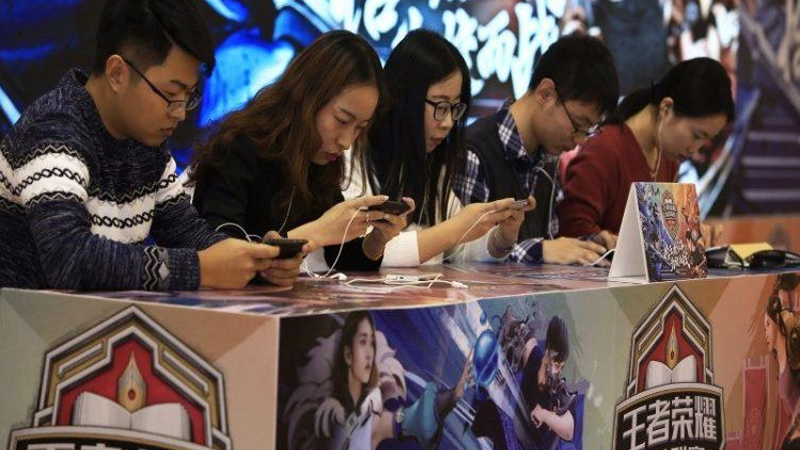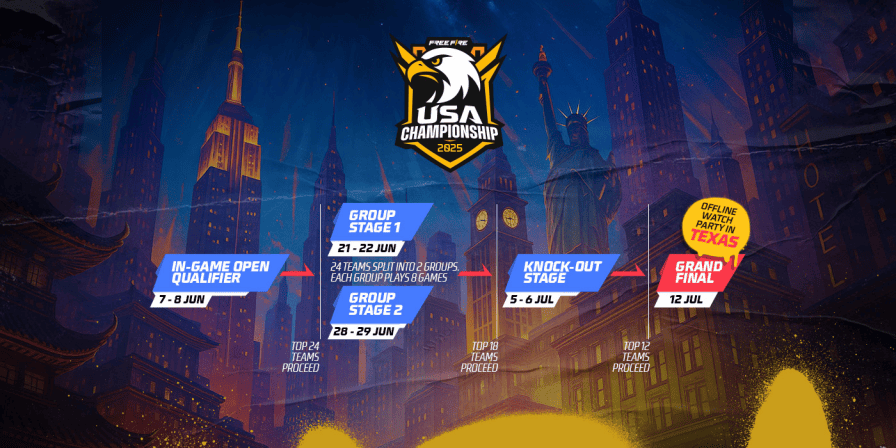
Do Mobile Esports have a future and can they become mainstream?
Mobile esports are competitive video games played on mobile devices that use operational systems like Android or Apple’s iOS. Like conventional esports, mobile esports grow from games that become popular enough that a fanbase emerges interested in watching players perform exceptional feats of skill and ability beyond the norm.
While we already have a Mobile Games News section, esports are not yet the focal point.

Popular Mobile Esports Titles
The most popular and notable mobile esports’ titles at the moment are Arena of Valor, PUBG Mobile, Free Fire, Mobile Legends: Bang Bang and Clash Royale.
Arena of Valor is an international adaptation of Honor of Kings, first released in 2015. Since then, it has gradually spread to the entire world as one of the most popular mobile games. Its genre is the multiplayer online battle arena (MOBA), the same genre of massive mainstream esports titles like League of Legends and Dota 2. Mobile Legends is similarly a MOBA title. Honor of Kings is become mainstream indeed with the title already havings its own King of Glory betting section.
PUBG Mobile is the mobile adaptation of PlayerUnknown’s Battlegrounds (PUBG), the original title that kicked off the Battle Royale genre’s popularity in 2017. While PUBG’s popularity waned in the wake of cultural phenomenon Fortnite in mainstream gaming, PUBG Mobile has maintained the franchise’s title as the most notable battle royale title in the realm of mobile gaming. Free Fire is a battle royale game that takes inspiration from PUBG.
Clash Royale stands out as a real-time strategy game that incorporates elements from collectible card games, tower defense games, and MOBAs. Unlike its predecessors, Clash Royale does not derive from a more popular PC or console gaming genre.
When did mobile esports first gain popularity?
Mobile esports grew in popularity in the mid-to-late 2010s as mobile gaming became more ubiquitous. Compared to the investment required for traditional gaming platforms like PC or consoles, mobile games grew from the growth in smartphone technology and its rise as the omnipresent device for people of all ages across the world.
Unsurprisingly, the biggest mobile gaming markets tend to be in countries with large populations and a strong interest in technological innovation. China, India, and Southeast Asian countries like Singapore and Indonesia are the most notable examples of such countries.
Arena of Valor, PUBG Mobile, Free Fire, and Mobile Legends: Bang Bang all have developers in Eastern Asia, namely China and Southeast Asia.
It is only natural, then, that mobile esports prospered in these regions.
How have Mobile Esports grown over the past few years?
Mobile esports has grown at an impressive rate, much like its traditional console and PC esports’ counterparts.
Mobile Legends: Bang Bang had almost 30 million hours watched in 2019 with a peak viewership of 648 thousand viewers for the MLBB World Championship 2019.
Free Fire had over 38 million hours watched in 2019 with a peak viewership of 2 million at its Free Fire World Series 2019 Rio event.
PUBG Mobile had over 55 million hours watched in 2019 with a peak viewership of almost 600 thousand viewers for the PMCO Spring Global Finals event. PUBG Mobile had an annual prize pool of 5 million USD for 2019.
Arena of Valor had over 72 million hours watched in 2019 with a peak viewership of 764 thousand viewers for its World Cup 2019. This game shows an impressive growth from its peak viewership of 306 thousand viewers for its World Cup 2018. It had an annual prize pool of 2.1 million USD for 2019.
Can Mobile Esports ever compete with conventional esports?
Mobile esports is already competing with conventional esports on platforms like PC and console. The esports industry derives from the gaming industry, and mobile gaming is already on track to outgrow traditional gaming platforms.
The coming years will be interesting with the developments of Riot Games, whose flagship game League of Legends has been the largest and most notable esport title of the 2010s. With the new games such as Teamfight Tactics and Legends of Runeterra seeing mobile ports, it is clear that Riot is interested in the mobile gaming market.
With the upcoming release of League of Legends: Wild Rift, a mobile port of the most popular esport in the world, the next few years will likely see the continued growth of the mobile esports market.












